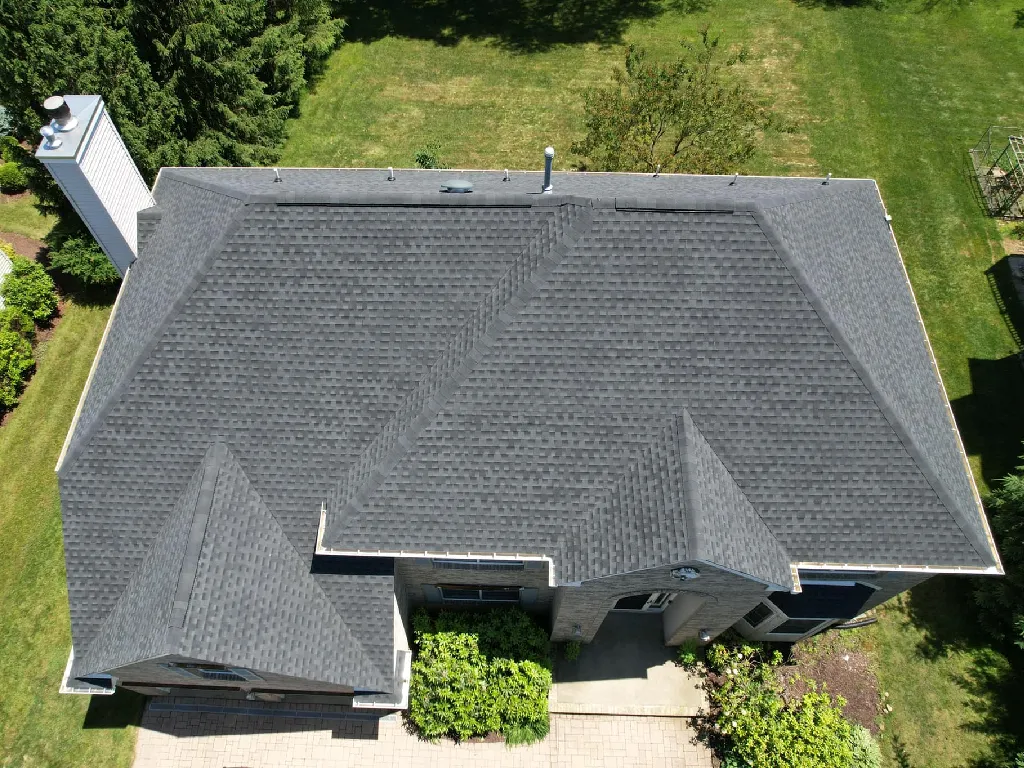Emergency roof repairs are often necessary due to unexpected situations or neglect of regular maintenance. Here’s a detailed exploration of common causes that require emergency roof repairs and the importance of regular roof maintenance:
Common Causes of Emergency Roof Repairs
- Natural Disasters
-
- Strong Winds: Constant strong winds can damage or blow away roof shingles. Checking the roof after high winds is crucial to identifying any damage promptly.
- Heavy Rain: Prolonged heavy rain can saturate the soil around trees, causing them or their limbs to fall onto the roof, resulting in significant damage.
- Hailstorms: Hailstorms can cause severe damage to a roof, sometimes creating holes due to large chunks of hail impacting the surface.
- Neglected Roof Maintenance
-
- Lack of Inspection: Not conducting regular roof inspections is a common reason for emergency repairs. Without inspections, issues like damaged gutters, broken shingles, or cracked flashing go unnoticed until they become emergencies.
- Deferred Repairs: Ignoring minor issues can lead to larger problems over time, necessitating emergency repairs when the damage becomes extensive.
- Manufacturing Defects
-
- Quality of Materials: Choosing low-quality materials or opting for cheap roofing services can result in premature roof failure. Poor-quality materials do not withstand weather conditions well, leading to unexpected repairs.
- Improper Installation: Hiring inexperienced contractors or DIY attempts without proper knowledge can also result in defects that require emergency repairs later.
- Fire Hazards
-
- Accidents: Accidental causes such as electrical short circuits, mishandling of fire sources (e.g., matches), or lightning strikes can lead to fires that completely destroy the roofing system. Emergency repairs are necessary to restore the roof’s integrity after such incidents.
Importance of Regular Roof Maintenance
- Preventive Measures: Regular roof inspections and maintenance help identify minor issues before they escalate into emergencies.
- Extended Lifespan: Proper maintenance extends the lifespan of the roof by addressing issues promptly and ensuring the roof remains in good condition.
- Cost Savings: Regular maintenance is cost-effective compared to emergency repairs, as preventive measures are less expensive and less disruptive.
- Property Protection: A well-maintained roof protects the entire property from water damage, mold growth, and structural issues caused by roof failures.
Conclusion
Emergency roof repairs can be costly and disruptive, highlighting the importance of proactive maintenance. Homeowners should prioritize regular inspections, addressing minor repairs promptly, and choosing high-quality materials and experienced contractors for installation. By investing in preventive measures, homeowners can minimize the risk of unexpected roof emergencies and ensure their roofs provide reliable protection for their homes.

